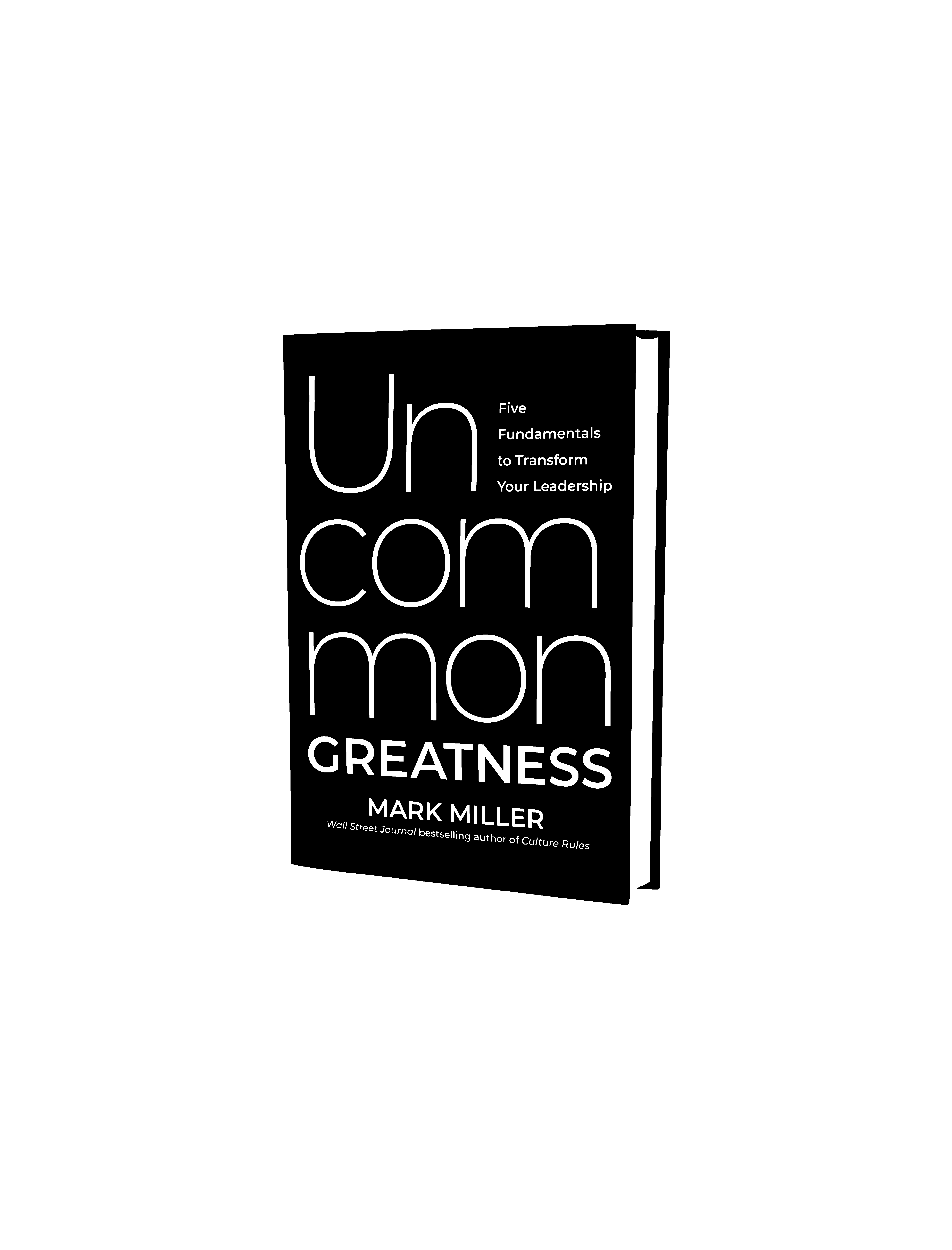
Get Started
Choose Your Path on Lead Every Day
Watch Video
1:32
Are You Ready to Lead Every Day?
At Lead Every Day, our primary mission is to help you become a better leader. We believe great leadership is not just about holding a title; it’s about making a meaningful impact.
Whether you’re an emerging leader seeking to build a strong foundation or you’re a seasoned pro steering an organization, Lead Every Day is your partner on this transformative journey. Choose a pathway that aligns with your current stage, and you’ll gain access to a curated selection of content. Our resources are hand picked for leaders at all levels and designed to equip you with the knowledge, skills, and mindset needed for effective leadership.
So, are you ready to lead, learn, and leap ahead? Get started now!
Go to the next level with our coaching programs
Books, Blogs, and Podcasts
The latest from Lead Every Day
Go from ordinary to extraordinary with "Uncommon Greatness: Five Fundamentals to Transform Your Leadership," the guidebook from a seasoned business leader and Wall Street Journal bestselling author Mark Miller. "Uncommon Greatness" is the key many leaders have been searching for their entire career. This book will reframe much of what you know about traditional leadership theory and practice, challenge some of your deeply held assumptions, and provide scores of practical and concrete ideas you can use today.

Book
Book
Uncommon Greatness
Go from ordinary to extraordinary with "Uncommon Greatness: Five Fundamental to Transform Your Leadership," the guidebook from a seasoned business leader and Wall Street Journal bestselling author Mark Miller. Virtually every problem can be traced back to one root cause: leadership. Far too many leaders are struggling, merely maintaining the status quo and unable to find the way forward. What these leaders need is a fresh take on how to unlock their full potential.

Article
Leadership
Big Idea: Great Leaders Serve
I was once asked: What’s the biggest insight you’ve had throughout your career regarding leadership? Wow! How would you answer that question? I really do like the question. It does what most hard-working questions do – it makes you think. Also, it requires a synthesis of countless moments in time…

Podcast
Podcast
The Lead Every Day Show
Mark Miller and Randy Gravitt have joined forces to pour into more leaders than ever. The Lead Every Day Show has a new 10 minute episode every weekday to inspire, encourage, and motivate leaders. Find it on your favorite podcast platform today!

Learn More About Our Inspirational Speakers
Lead Every Day has a team of thought leaders and keynote speakers who are experts in the field of leadership development. With a wealth of experience and a passion for empowering leaders, our team delivers captivating presentations and actionable insights that drive organizational success and leadership growth. Our dynamic speakers are available to engage and inspire your team or audience, bringing leadership development to life in a way that resonates and creates lasting impact. Collectively, our speakers have motivated more than 250,000 leaders who have gone on to win sports championships, make a GREAT chicken sandwich, and change the world. Let us inspire you next!
Book A Discovery Call
Main Contact Form
"*" indicates required fields